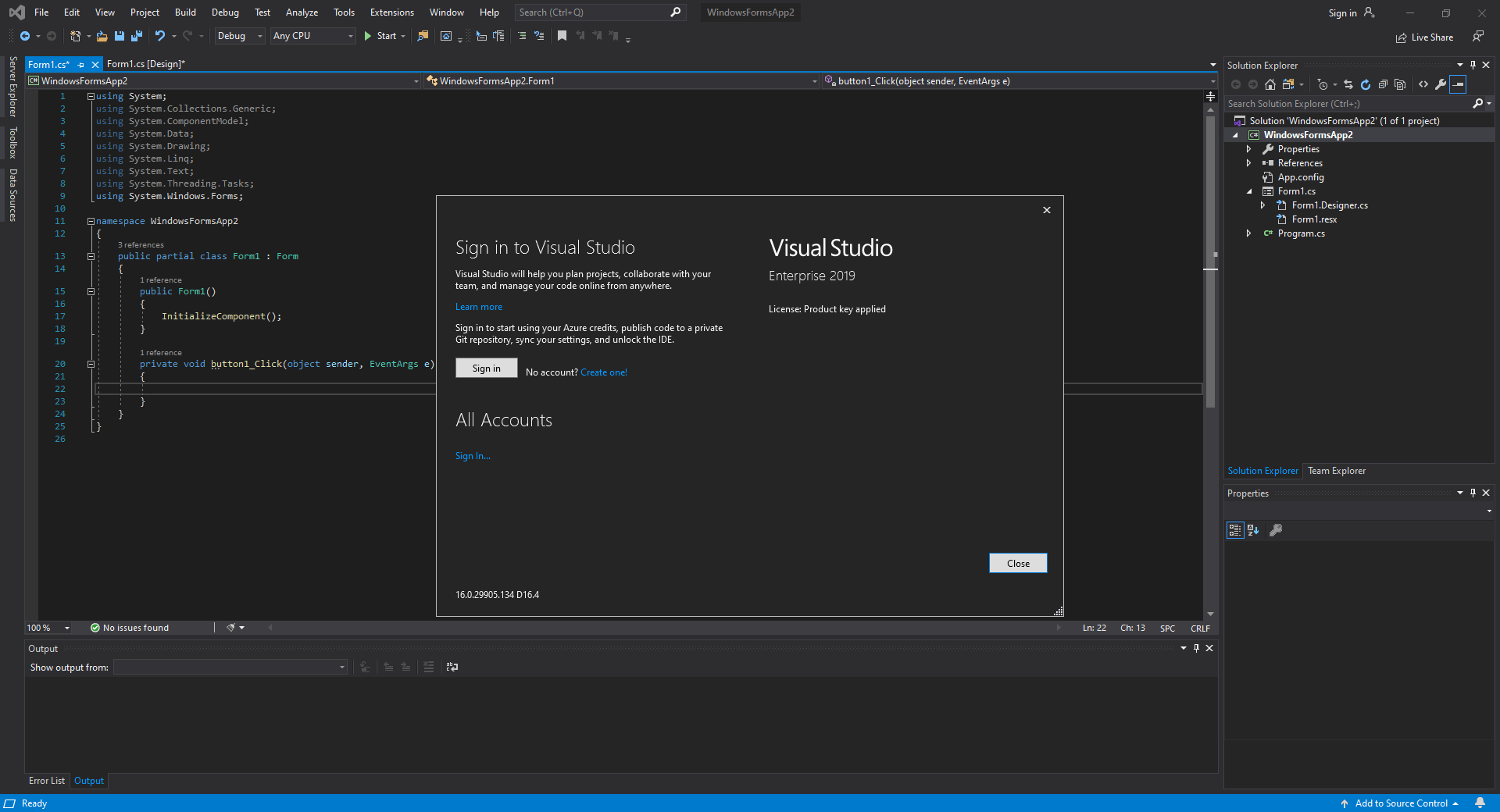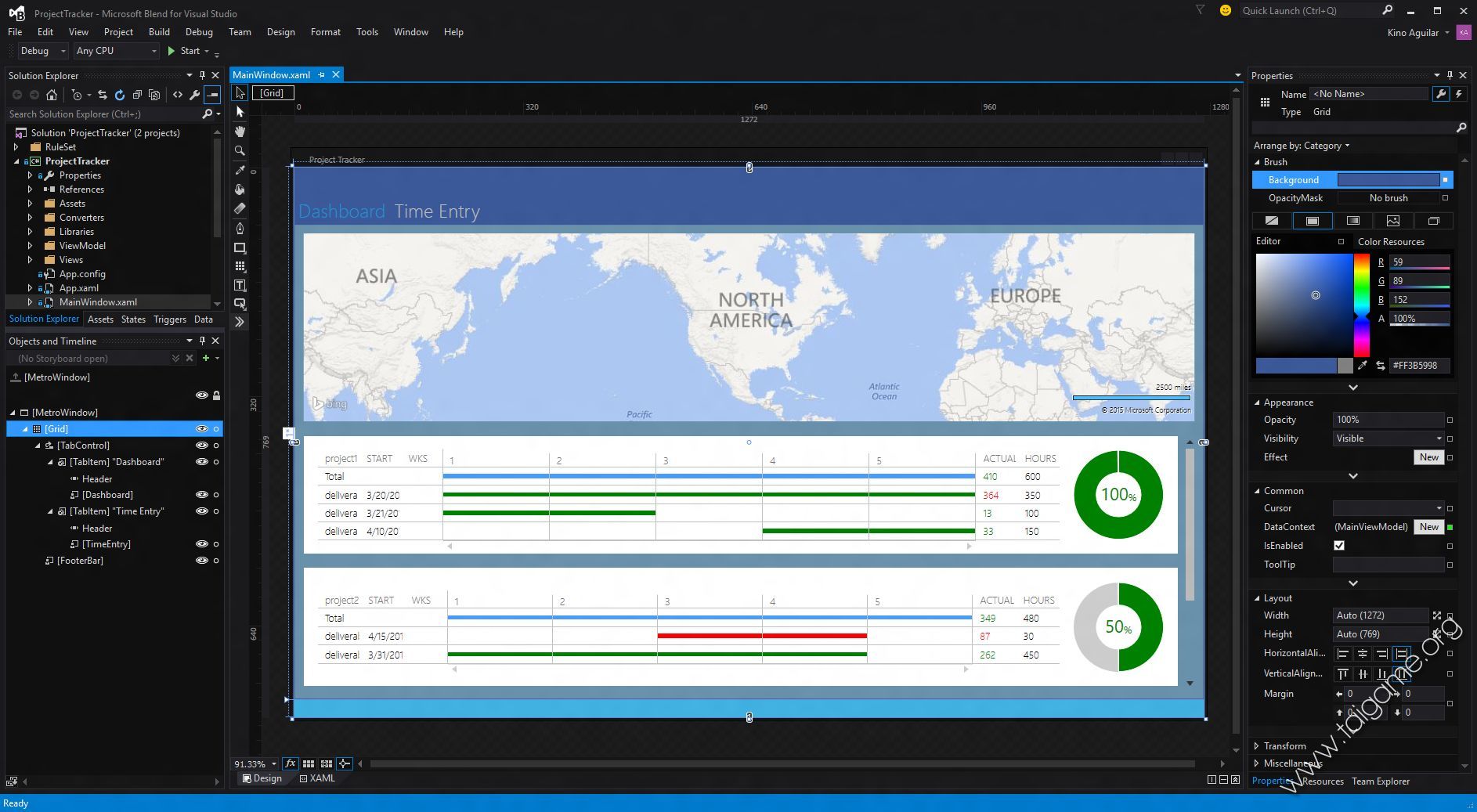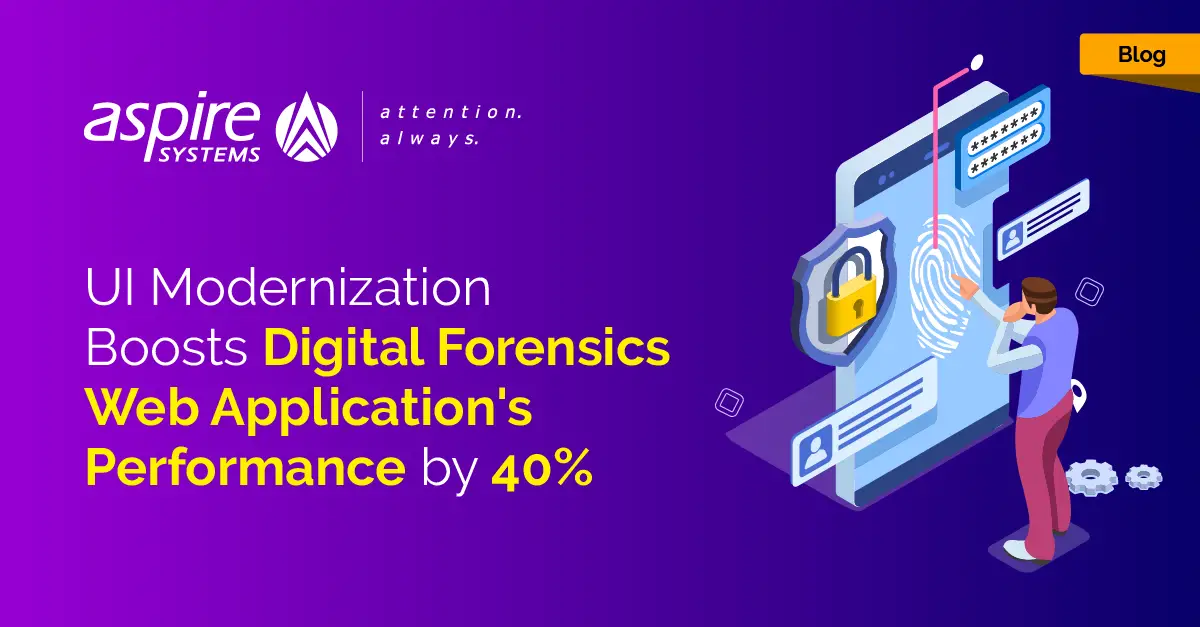Embracing Visual Studio as a linchpin in enterprise application modernization endeavors can be a transformative move, bringing forth a plethora of benefits that elevate the overall efficiency, agility, and effectiveness of the modernization process. Here’s a thorough elucidation of how Visual Studio serves as a potent tool for enterprise application modernization:

- Comprehensive Development Environment:
Visual Studio stands out as a robust integrated development environment (IDE) that caters to the multifaceted requirements of enterprise application modernization projects. Its sophisticated feature set encompasses intuitive code editing, intelligent debugging tools, comprehensive refactoring capabilities, seamless integration with source control systems, and support for a wide spectrum of programming languages and frameworks. Harnessing Visual Studio’s capabilities enables modernization teams to construct, test, and debug modernized applications with remarkable efficiency.

- Rapid Application Modernization:
Visual Studio’s potent set of tools empowers modernization teams to expedite the transformation of legacy applications into contemporary, cloud-ready solutions. Utilizing Visual Studio’s refactoring functionalities, teams can effortlessly restructure code, extract reusable components, and migrate applications to modern frameworks. Additionally, integration with automated testing frameworks allows for streamlining the testing process, ensuring the modernized applications function flawlessly.

- Collaborative Development Platform:
Modernization initiatives often involve teams comprising developers, architects, and testers collaborating on a shared codebase. Visual Studio’s collaborative features, such as real-time code sharing, version control integration, and code review tools, facilitate seamless collaboration. These features enable team members to work concurrently, share ideas, and contribute effectively to the modernization process, fostering greater productivity and improved code quality.
- Code Analysis and Optimization:
Visual Studio incorporates a comprehensive suite of code analysis and optimization tools, providing valuable insights into code quality and performance. Its built-in static code analysis capabilities identify potential issues, adherence to best practices, and compliance with coding standards. Furthermore, Visual Studio offers profiling tools that pinpoint performance bottlenecks, enabling developers to optimize code for improved efficiency and responsiveness. By leveraging these tools, teams can ensure the modernized applications meet the stringent performance and reliability requirements of enterprise environments.
- Cross-Platform Development Support:
Visual Studio extends support for cross-platform development, allowing modernization teams to target multiple platforms and devices with a single codebase. This interoperability simplifies the process of modernizing applications that need to run on various operating systems, form factors, and devices. Developers can leverage Visual Studio’s cross-platform capabilities to build modernized applications that seamlessly adapt to different environments, enhancing the accessibility and reach of the modernized solutions.
- Integration with Azure Cloud Services:
Visual Studio seamlessly integrates with Microsoft Azure cloud services, empowering teams to effortlessly modernize applications and migrate them to the cloud. The tight integration between Visual Studio and Azure streamlines tasks such as deploying applications to Azure, configuring cloud resources, and managing cloud infrastructure, accelerating the modernization and cloud migration processes. By leveraging Visual Studio’s integration with Azure, teams can exploit the scalability, reliability, and cost-effectiveness of the cloud to drive digital transformation initiatives.
In conclusion, adopting Visual Studio as a cornerstone of enterprise application modernization efforts is a strategic decision that unlocks a multitude of benefits. From fostering collaborative development to enhancing code quality, expediting application modernization, and enabling cross-platform support, Visual Studio empowers teams to modernize legacy applications effectively and efficiently, thereby propelling organizations towards digital transformation and sustained competitive advantage.

I think this is a great article. Visual Studio is a powerful tool that can be used to modernize legacy enterprise applications. It can help to reduce the cost of development and improve the quality of applications.
I disagree with this article. Visual Studio is not a good tool for modernizing legacy enterprise applications. It is too expensive and it does not provide the features that are needed.
This article provides a good overview of the benefits of using Visual Studio for enterprise application modernization. However, it does not provide any specific examples of how Visual Studio can be used to modernize legacy applications.
I agree with the author that Visual Studio can be a valuable tool for modernizing legacy enterprise applications. However, I think that the author overstates the benefits of using Visual Studio. There are other tools that can be used to modernize legacy applications that are less expensive and provide more features.
This article is a joke. Visual Studio is a terrible tool for modernizing legacy enterprise applications. It is slow, buggy, and expensive.
I am not sure what the author of this article was thinking. Visual Studio is a great tool for modernizing legacy enterprise applications. It is easy to use and it provides all of the features that are needed.
This article is a waste of time. The author does not provide any new information about Visual Studio. He just repeats the same old talking points.
I found this article to be very helpful. I am a developer who is currently working on a project to modernize a legacy enterprise application. I am going to use the information in this article to help me get started.
I disagree with the author’s conclusion that Visual Studio is the best tool for modernizing legacy enterprise applications. I think that there are other tools that are better suited for this task.
This article provides a good overview of the benefits of using Visual Studio for enterprise application modernization. However, it does not provide any specific examples of how Visual Studio can be used to modernize legacy applications.
I agree with the author that Visual Studio can be a valuable tool for modernizing legacy enterprise applications. However, I think that the author overstates the benefits of using Visual Studio. There are other tools that can be used to modernize legacy applications that are less expensive and provide more features.